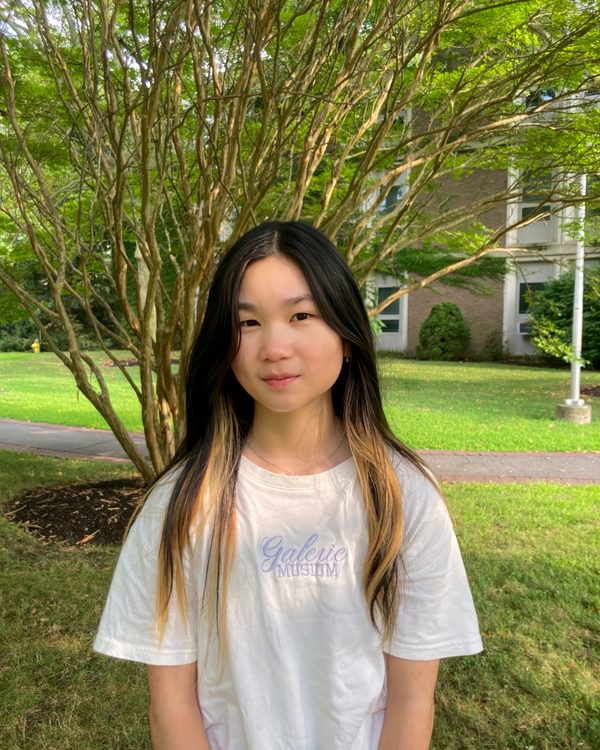
January 27, 2025 On Campus
Alice He ’25
Brace Student Fellow Presentation
From 1979 to 2015, China’s One-Child Policy imposed a harsh one-child limit on most couples in the country. Originally introduced to slow the nation’s rapid population growth following the Great Leap Forward, the program transformed the landscapes of womanhood and birth control in China. As the “family” took on a new existence somewhere between a private entity and a government construct, women’s rights were redefined by a system that was simultaneously oppressive and empowering.
Through her research, Alice He ’25 examines the impacts of the One-Child Policy on the social, professional, and domestic lives of Chinese women. Analyzing shifts in gender roles, workforce participation, and sex ratio of births, she illuminates the One-Child Policy’s lingering effects on the state of gender equality in China—and why its history matters for the future of policy on bodily autonomy around the world.
Faculty Advisor: Congmin Zhao, Chair and Instructor, Chinese
The Brace Center for Gender Studies is a community resource center supporting gender equity and inclusion on campus. Brace Student Fellows work with faculty on research related to gender and sexuality.
School Room, Abbot HallThe Ban on Babies: How the One-Child Policy Transformed Gender Norms in China
5:00 p.m. - 6:00 p.m., School Room, Abbot HallAlice He ’25
Brace Student Fellow Presentation
From 1979 to 2015, China’s One-Child Policy imposed a harsh one-child limit on most couples in the country. Originally introduced to slow the nation’s rapid population growth following the Great Leap Forward, the program transformed the landscapes of womanhood and birth control in China. As the “family” took on a new existence somewhere between a private entity and a government construct, women’s rights were redefined by a system that was simultaneously oppressive and empowering.
Through her research, Alice He ’25 examines the impacts of the One-Child Policy on the social, professional, and domestic lives of Chinese women. Analyzing shifts in gender roles, workforce participation, and sex ratio of births, she illuminates the One-Child Policy’s lingering effects on the state of gender equality in China—and why its history matters for the future of policy on bodily autonomy around the world.
Faculty Advisor: Congmin Zhao, Chair and Instructor, Chinese
The Brace Center for Gender Studies is a community resource center supporting gender equity and inclusion on campus. Brace Student Fellows work with faculty on research related to gender and sexuality.



